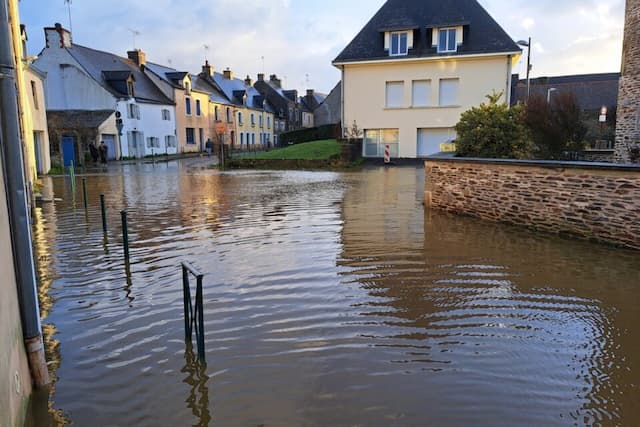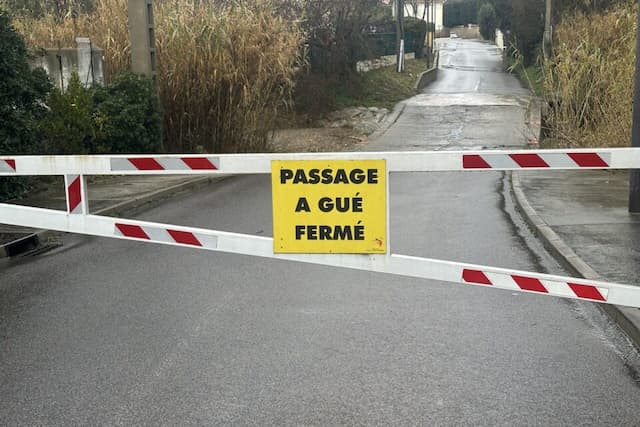Curfew in the North: What Fines for Illegal Evenings?

REBELLION: Against all odds, some continue to organize now clandestine parties. Faced with this phenomenon, the police and justice are relatively well-armed, but the reasons for fines are sometimes questionable.
- The Lille police sometimes intervene to put an end to illegal parties.
- Often, participants are fined for disregarding the curfew.
- The organizers, them, risk more if the chief endangering the life of others is held against them.
Health measures to fight the coronavirus epidemic have resulted in the closure of places considered to be conducive to the spread of the virus: restaurants, bars, clubs or cultural places. If we can legally continue to shop in shopping centres, on the other hand, we no longer party. ” La bamboche, it’s over, ” said the prefect of the Center Val de Loire region, Pierre Pouëssel. Except that the French are resisting and not a week goes by without the police intervening in the Lille metropolis to put an end to a “clandestine party”.
The last two clandestine parties of which we were aware were held at the end of last week, in Lille. Each time, participants and organizers were young people, mostly students. The police were able to put an end to it after being warned by one or more calls to 17. “It also happens that we take the initiative when we come across an evening of this type during night patrols,” says a policeman.
Fined for violation of the curfew
In the two cases cited, the police fined the participants for not respecting the curfew. “The police cannot enter a private home at night without being invited. But often they manage to have the door opened and, a classic technique, when they ask participants to return home, they issue a ticket for non-compliance with the curfew ”, explains Margaux Machart, criminal lawyer from Lille. “During a ” clandestine ” party organized in a private home, participants can be fined for moving outside the home,” confirms the Lille prosecutor’s office.
The reason for being fined for not wearing a mask, which had been mentioned by the departmental public security direction (DDSP) for one of these evenings, can only be accepted when people are away from home. However, according to the Lille prosecutor’s office, fines, for this reason, are less plausible than those for violation of the curfew.
Can endangering others apply?
For “underground parties”, but also when the discovery of bars, gambling halls or illegal shops, the organizers or managers are arrested and placed in police custody on the charge of “endangering the lives of others », Punishable by one year’s imprisonment and a fine of 15,000 euros. “The offence of endangering the lives of others can be retained subject to a detailed assessment on a case-by-case basis,” said the prosecution. These assessment criteria are in particular the number of people, the small size of the premises or non-compliance with social distancing rules.
“In my opinion, it is an excessive qualification, retorts Master Machart, the endangering of others implying the existence of an immediate risk of death or injury “, assures the lawyer. The fact remains that, if they exist, these clandestine parties are not numerous and daily.
Enjoyed this? Get the week’s top France stories
One email every Sunday. Unsubscribe anytime.


